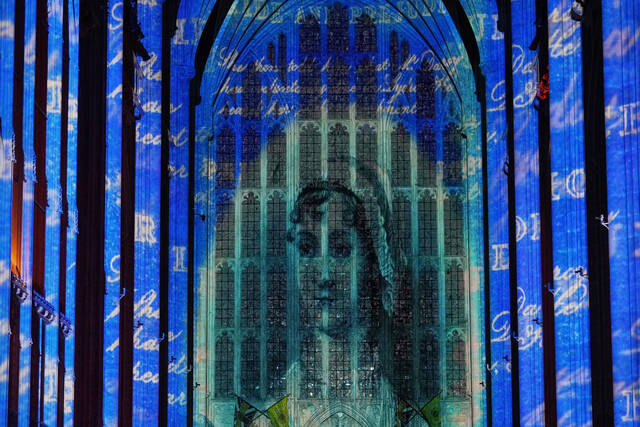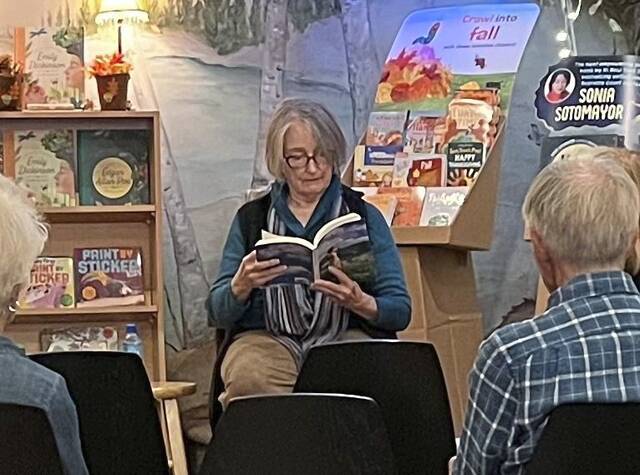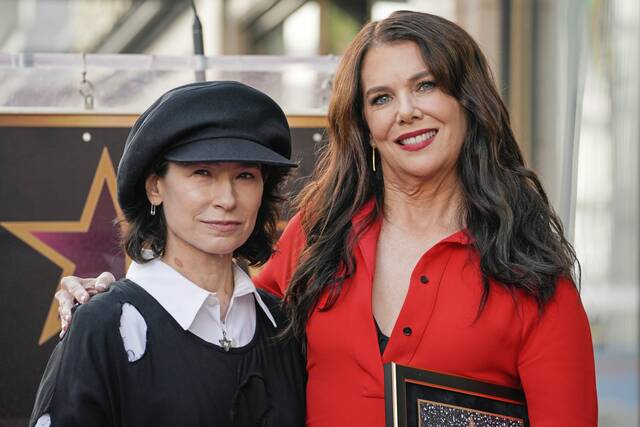Even in a fantasy world, words have real impact.
The developers of Dungeons & Dragons, the classic fantasy adventure game, acknowledge that in a recent blog post and vow to be more inclusive, in the fantasy realm and in this one.
The Wizards of the Coast and D&D team acknowledges stereotyping inherent to its fantasy game and even in some of its literature, and promises to do better.
“Throughout the 50-year history of D&D, some of the peoples in the game — orcs and drow being two of the prime examples — have been characterized as monstrous and evil, using descriptions that are painfully reminiscent of how real-world ethnic groups have been and continue to be denigrated,” the team writes. “That’s just not right, and it’s not something we believe in.”
Diversity and Dungeons & Dragons — this article states where our hearts are and where we're going: https://t.co/TPWmkHrAwy #DnD pic.twitter.com/sX3AzkaKWW
— Jeremy Crawford (@JeremyECrawford) June 18, 2020
In D&D, choosing a character’s race has an immediate impact — all dwarves have a bonus to their strength or constitution scores, making them inherently hearty. Similarly, almost all elves get racial dexterity bonuses. Which race you pick determines the bonus.
The team promises a product this year, not yet announced, that “offers a way for a player to customize a character’s origin, including the option to change the ability score increases that come from being an elf, a dwarf, or one of D&D’s many other playable folk. This option emphasizes that each person in the game is an individual with capabilities all their own.”
Changes to D&D books are planned as part of a regular effort to correct errors, the team writes. In two recent adventure module reprintings, text that was deemed “racially insensitive” was altered. Each book will be reviewed as it comes up for a reprint.
One adventure module, Curse of Strahd, depicts the fictional Vistani people using stereotypes reminiscent of those often associated with a real-world group of people, the Romani.
“To rectify that, we’ve not only made changes to Curse of Strahd, but in two upcoming books, we will also show — working with a Romani consultant — the Vistani in a way that doesn’t rely on reductive tropes,” the team writes.
Meanwhile, the team points out that orcs and drow elves, groups typically depicted in a villainous light, are being painted with greater depth in new books, showing them as “just as morally and culturally complex as other peoples.”
“We will continue that approach in future books, portraying all the peoples of D&D in relatable ways and making it clear that they are as free as humans to decide who they are and what they do,” the team writes.
Perhaps most impactful, the team is “proactively seeking new, diverse talent to join our staff and our pool of freelance writers and artists.”








